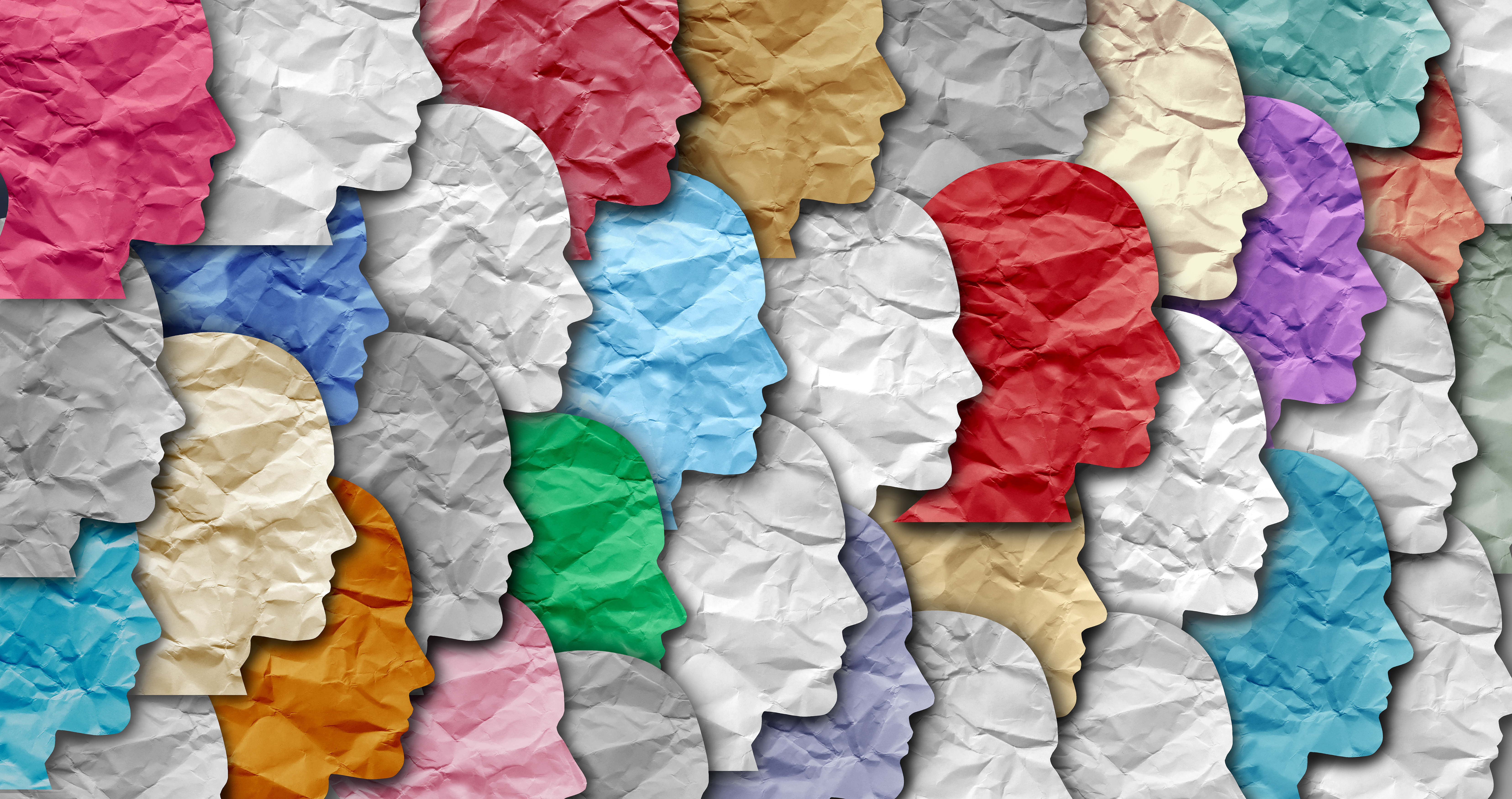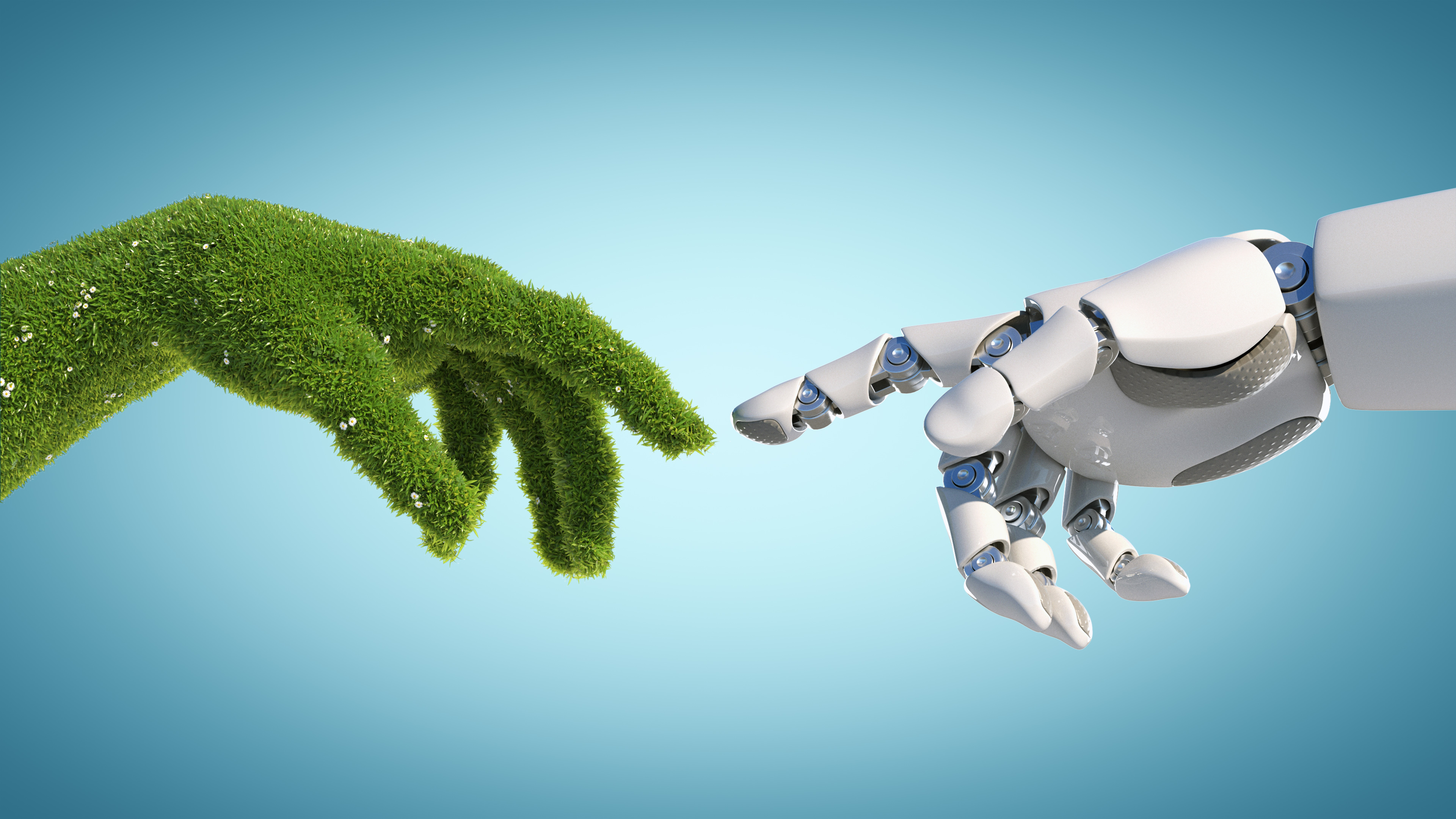What is Regenerative?
We’ve been exploring the concept, or movement referred to as regenerative cultures for several years. It is positioned as a pathway to a thriving future where people contribute their unique potential within the context of the communities and regions they help to regenerate — cultures that are healthy, resilient and adaptable. Here we take a closer look into regeneration and how regenerative practices might be imagined for our own region. There are many examples around the world where other cities, regions and countries are actively implementing new ways to regenerate the places they live and we can learn from their examples. At the same time, we wish to showcase examples of the great work currently underway in our own Alberta communities by enterprising individuals who are implementing the design and development of these practices and contributing to a new economy for a sustainable and thriving future.

Regenerative Practices
[People and Place] Extraordinary initiatives are underway across the globe, reflecting the diversity of ecologies and societies whose populations are eager to introduce regenerative practices into their daily lives. These practices reflect the unique essence of people and place. There is a story to tell that embraces the history, the triumphs and the hardships and essentially the ‘beingness’ of people that can offer new insights and potential to contribute to a more regenerative cultural identity and expression. By cultivating a ‘deeper sense of belonging’, people are able to develop a greater empathy and capacity to transition and imagine a more hopeful, healthy, resilient and sustainable future wherever they live.
Regenerative Development in Communities Globally, we are at a crucial point in our history, where the very existence of the human race is threatened through our careless erosion of the natural environment, and the dislocation brought about by the chaotic times in which we find ourselves. Locally, we are experiencing the worst of times in our region, and our actions are urgently needed to speak to the regeneration of our communities and our world at large. There may not appear to be immediate solutions, but much research has been done on nature-based solutions where innovation and learning from nature – that is, biomimicry – can help to set us on the right path. Collaboration between sectors will help us find new possibilities and economic opportunities to enable us to change the trajectory for our city, our region and our province. “How we re-design and regenerate our cities and bio-regions will contribute the greatest impact to our human presence on this planet”. Daniel Wahl, Designing Regenerative Cultures. We invite people from all walks of life to come together with a common purpose and a desire to contribute to the development of a thriving future for everyone.

Regenerating Social and Cultural Change
We need to see ourselves as co-participants in an inter-connected planetary system. This is the shift we must make in our worldview; and it is the significant leap that our culture must take, towards an understanding that all living systems are interwoven into a delicate but resilient web of interdependent parts. It is appropriate that this is the time to transform our attitudes, embracing a whole systems approach that addresses our societal conditions of inequality, non-inclusivity, and social unrest. All living beings are in a process of evolution, but as humans, we are able to choose whether we heal or destroy. We are at a pivotal point, and the direction we take now will determine our prospects for survival.
Regenerative Design We have to choose our future by design. We need: the kinetic interaction of visionary thinkers, scientists, artists, writers, innovators, technologists, entrepreneurs, philosophers, and ethicists to lead us toward a whole systems approach, ripping away the artifice of our current world, and re-connecting the best of today’s science with an elemental return to the bounty, example, and potential of nature. Only then will we be able to better serve the interests of society and the planet at large.
